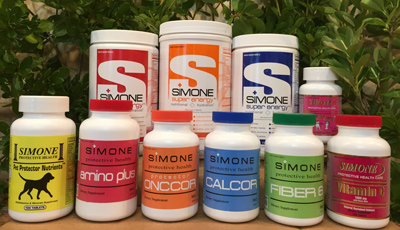We do not diagnose disease or recommend a treatment protocol or dietary supplement for the treatment of disease. You should share this information with your physician who can determine what nutrition and disease treatment regimen is best for you. Ask your physician any questions you have concerning your medical condition. You can search this site or the web for topics of interest that I may have written (use Dr Simone and topic).
“We provide truthful information without emotion or influence from the medical establishment, pharmaceutical industry, national organizations, special interest groups or government agencies.” Charles B Simone, M.MS., M.D.
BIG PHARMA PARTNERING WITH TELEHEALTH — HELPING PATIENTS or ENCOURAGING BAD PRESCRIBING?
Americans are used to drug ads that say, “Ask your doctor if this medicine is right for you.” But now, some ads take it a step farther — linking directly to online doctors who can prescribe the drug after a quick virtual visit. Current rules from the FDA apply to drug companies’ ads, requiring them to show risks. But telehealth companies aren’t held to the same standards — even when they promote the same drugs. That could mislead patients.
BIG PHARMA companies like Pfizer and Eli Lilly have set up websites that connect patients to telehealth companies. For example:
-
PfizerForAll offers $35 same-day appointments with a telehealth company called UpScript, plus coupons to lower drug costs.
-
LillyDirect helps patients with diabetes, migraines, or obesity book online visits and get home delivery of Eli Lilly medications.
-
Some telehealth companies even promote drugs on social media platforms like TikTok and Instagram.
These partnerships are raising questions. Supporters say they make it easier for people — especially those in rural areas or with stigmatized health issues — to get care and medications. Online visits are cheaper and more private than in-person appointments.
But critics worry that this setup may lead to:
-
Overprescribing or unnecessary prescriptions
-
Poor follow-up care
-
Increased spending on expensive brand-name drugs
-
Misleading ads, especially on social media, that don’t show drug risks
There’s also a legal concern. The Anti-Kickback Statute (AKS) bans paying or rewarding anyone for referring patients or pushing certain treatments in federal health programs like Medicare. It’s illegal for:
-
A drug company to pay a telehealth provider based on how many prescriptions they write
-
A telehealth company to pay a drug company for sending patients their way
Some of these partnerships may be breaking the law — or getting very close. For example:
-
Pfizer says it pays a flat fee to its telehealth partner.
-
Eli Lilly claims it doesn’t take money for referrals or pay bonuses for prescriptions.
But if flat fees still lead to biased prescribing, they might be a problem under the AKS. One telehealth company admitted that 90% of people who clicked on a drug ad ended up getting that drug, suggesting possible pressure to prescribe.
We need more data on:
-
Prescribing patterns — Are doctors favoring drugs from partner companies?
-
Quality of care — Are patients being properly evaluated?
-
Financial details — What exactly are the companies paying each other for?
The Office of Inspector General (OIG) could help by clarifying what kind of payments are illegal. It has already warned that some telehealth setups could lead to unnecessary or unsafe care, especially when driven by advertising or incentives.
Also, current rules from the FDA apply to drug companies’ ads, requiring them to show risks. But telehealth companies aren’t held to the same standards — even when they promote the same drugs. That could mislead patients.
In short, while these partnerships may help some people get easier access to care, they may also increase the risk of bad prescribing practices, legal violations, and misleading marketing. Better rules and more oversight are needed to protect patients.
© 2025 C B Simone, M.MS., M.D.



